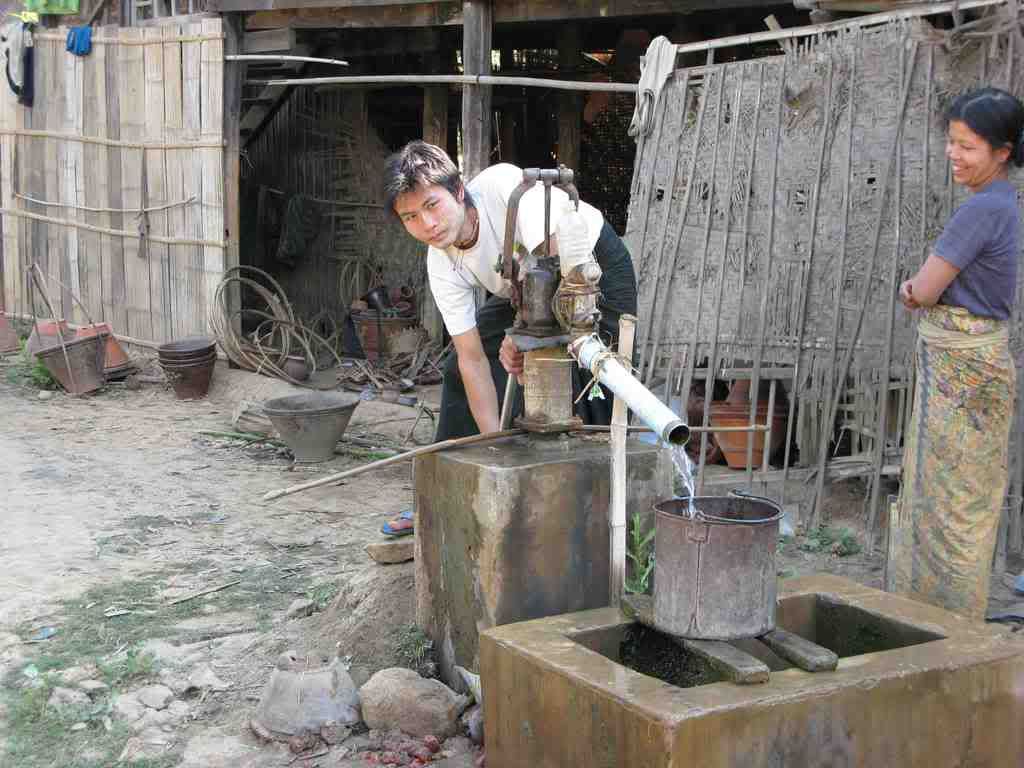
In 1993, because Milwaukee Water Works shrugged off reports of increased turbidity in its water source, more than 400,000 residents were infected with Cryptosporidium.
In 2000, because Walkerton, Ontario Public Utilities Commission was not properly supervising the town's drinking water chlorination system, E. coli O157:H7 killed seven residents and sickened 2,300.
In 2008, because Alamosa, Colorado was not chlorinating its water supply – the town had been granted a waiver in 1974 – at least 442 people became infected with Salmonella.
Those of us who are fortunate enough to live in the "developed world" usually associate waterborne illness with underdeveloped countries – mostly in Asia and Africa. Fifty men, women and children in a village somewhere in India fall ill after drinking contaminated water? So what else is new?
If those who are responsible for managing and maintaining our sanitary infrastructures don't do their jobs, there will be more Milwaukees, more Walkertons, and more Alamosas.
This isn't rocket science, or even 20th century science. The inextricable link between contaminated water and human disease has been recognized since at least 1855, when Dr. John Snow published his famous treatise on the source of repeated cholera epidemics in London.
Thames Water has a five year plan to correct the sewage treatment system deficiencies. "We now have funding and planning approval to improve all of London's five major sewage works and to build the Lee Tunnel to keep storm sewage out of the river," the Company said, "all between now and the end of 2014."
In the meantime, Londoners had better hope for a protracted dry spell. Otherwise 2013 – the year of Dr. Snow's 200th birthday – might be commemorated with a new cholera outbreak.





No comments:
Post a Comment
Note: Only a member of this blog may post a comment.